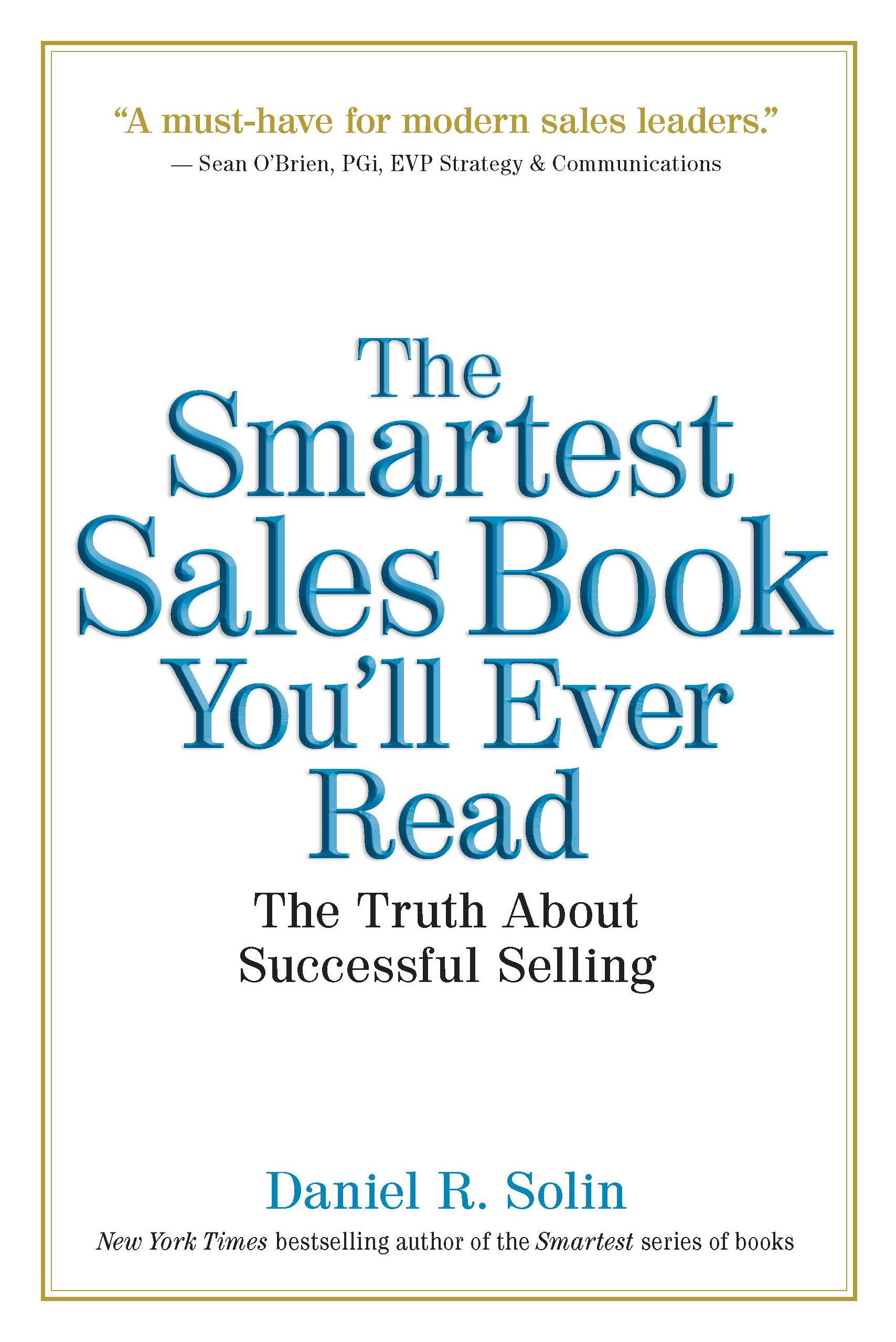If anyone could demonstrate expertise in "beating the market," you would think it would be hedge fund managers. They get paid hefty fees (often 2 percent of assets under management plus 20 percent of profits) to generate "alpha." Successful hedge fund managers make obscene amounts of money. The top hedge fund managers earned in excess of $1 billion in 2014.
Don't get me wrong. I do believe they are among the savviest people in the universe. They have managed to persuade sophisticated pension plans, endowment funds and wealthy investors to entrust more than $2.6 trillion in assets to their management. This is quite an accomplishment, given their generally dismal record of underperformance. Let's take a look at the data.
2014 was a disaster
The most interesting record set by hedge funds last year was in the category of "dismal performance." A total of 904 hedge funds closed in 2014, which was a five-year high.
Returns were pathetic. Hedge funds earned an average return of 5.5 percent, less than half the 12 percent return of the S&P 500 index.
Let's put this in context. On Jan. 1, 2014, investors had a choice. They could buy into a hedge fund and pay 2 percent of assets and 20 percent of profits, or they could purchase an index fund that tracks the S&P 500 index (like Vanguard's 500 Index Fund Admiral Shares (VFIAX), which has an expense ratio of only 0.05 percent). The hedge fund is run by a well-compensated fund manager who attempts to beat the market. The index fund simply invests in 500 of the largest U.S. companies and is probably largely managed by a computer.
The returns of the index fund clobbered the returns of the hedge fund.
Long-term results are no better
A recent study found that, when the inherent biases in the way hedge fund databases compile returns are removed, long-term returns of hedge funds don't live up to their billing. The study found the average annualized return to hedge funds since 1996 was only 6.3 percent.
Here's the conclusion of the study's authors: "In summary, the historical data show that hedge funds have not, on average, meaningfully outperformed traditional portfolios of stocks and bonds after fees."
You have to wonder: If hedge funds haven't "meaningfully outperformed traditional portfolios of stocks and bonds after fees," why are they so popular?
Misleading marketing
Don't ever underestimate the power of Wall Street's marketing machine, or the apparent gullibility of even the most sophisticated investors. According to an article in The New York Times, two affiliates of Citigroup agreed to pay $180 million to settle charges by the Securities and Exchange Commission (SEC) that they concealed serious problems at two now-defunct hedge funds.
The funds allegedly were represented as being as safe as traditional bond funds, although they used large amounts of borrowed money to leverage returns (and thereby increase risk). Investors in these funds weren't told about liquidity issues and margin calls from lenders, which resulted in the sale of billions of dollars of assets.
The SEC also alleged investors were misled into believing the funds' potential losses would be minimal, even when the bank's internal analysis demonstrated these losses could be as much as 48 percent. Just before the situation became so dire that the manager of one fund prepared a "liquidation scenario," the fund sold as much as $110 million in additional shares to investors.
According to Andrew Ceresney, director of the SEC's enforcement division: "Advisers at these Citigroup affiliates were supposed to be looking out for investors' best interests, but falsely assured them they were making safe investments even when the funds were on the brink of disaster."
The affiliates did not admit or deny the findings of the SEC.
The takeaway
The initial takeaway is that hedge funds have not demonstrated the expertise to justify their obscene fees. Investors would likely be better off in a globally diversified portfolio of low management fee index funds.
A more significant observation is the willingness of hedge fund managers and brokers to distort returns and otherwise mislead investors. I believe it reflects a culture of greed and ethical bankruptcy that is systemic in segments of the financial services industry. Is it any surprise that brokers are fighting so hard to avoid being fiduciaries to retirement plans, much less to individual investors?
It would be hard to put the interests of your clients first while you are ripping them off.
 Dan Solin is a New York Times bestselling author of the Smartest series of books. His latest book is The Smartest Sales Book You'll Ever Read.
Dan Solin is a New York Times bestselling author of the Smartest series of books. His latest book is The Smartest Sales Book You'll Ever Read.
The views of the author are his alone and may not represent the views of his affiliated firms. Any data, information and content on this blog is for information purposes only and should not be construed as an offer of advisory services.
